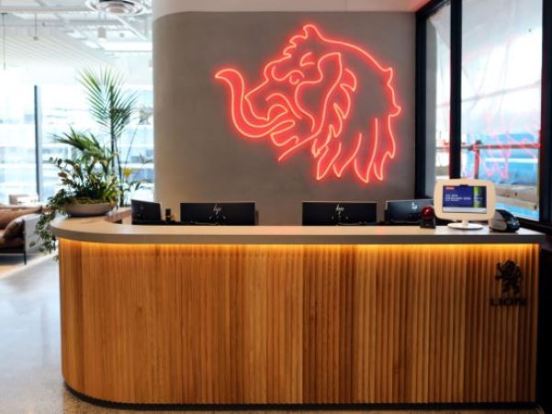Wagamama New Zealand is a lead player in the global franchise’s sustainability strategy by being the first to trial the option to bring-your-own takeout containers for takeaway meals in New Zealand.
The #TakeOutWithout campaign will also give customers the opportunity to vote for one of two New Zealand environmental charities, to which a percentage of its sales will be donated to. These charities are Our Seas Our Future and Sustainable Coastlines.
Wagamama New Zealand communications manager Louisa Keddell says the move follows Wagamama’s decision to ditch plastic straws for good last year as it continues to work towards its goal of becoming more sustainable.
“In true Kaizen spirit, we recognize the need for ‘good change’ and to exist and grow in harmony with our environment and the needs of our planet. We are consistently looking into ways to make sustainable changes by eliminating plastic straws last year and now trialing this new initiative,” says Keddell.
“We felt that it was also important that we listen to our customers and the community, and give them the choice and opportunity to make a good change. We hope our customers support this and that it can be implemented permanently, with other New Zealand restaurants giving it a go,” she says.
Wagamama New Zealand follows one of the highest international food safety standards in the world, set by the London City Guild. For this reason, Wagamama reserve the right to reject any container supplied that is visibly unclean or made of an unsuitable porous material.
Currently, nearly 300 million tons of plastic is produced in the world, half of which is intended for single use only. More than eight million tons of plastic is dumped into oceans every year, leading to catastrophic results for the environment and wildlife.
Sustainable Coastlines co-founder Camden Howitt says despite New Zealand’s small size and place in the world, it has the opportunity to position itself as a world leader in sustainability solutions.
“New Zealand should take a leadership approach, both with individuals being innovative and coming up with new ideas and businesses operating here being used as testing grounds for new ideas that can be refined further to solve bigger environmental issues,” Howitt says.
“We are a smaller ship so we can turn more easily which gives us more opportunity to lead trials and roll out good sustainability solutions around the world,” he adds.
Howitt says typically, business has been reactive to customers’ environmental concerns and says while it is generally positive and has yielded significant environmental outcomes as a result, a proactive approach will move environmental progress further, faster.
“Let’s say business saw the market shifting this way and said let’s get ahead of the game. Essentially remove all plastic packaging from our supply chain and relook at the transportation we use, the packaging our cleaners use, and so on,” says Howitt.
Howitt says customers are becoming increasingly savvy in recognizing real efforts against marketing speak and are able to discern between what is a legitimate effort to stop plastic pollution as opposed to riding the sustainability marketing wave.
“We commend Wagamama and the types of businesses who stand up and say no to plastic pollution not just once, but consistently, such as by banning plastic straws. They recognize that it’s not a one-off event but a journey and they’re showing they are committed to that journey,” Howitt says.








